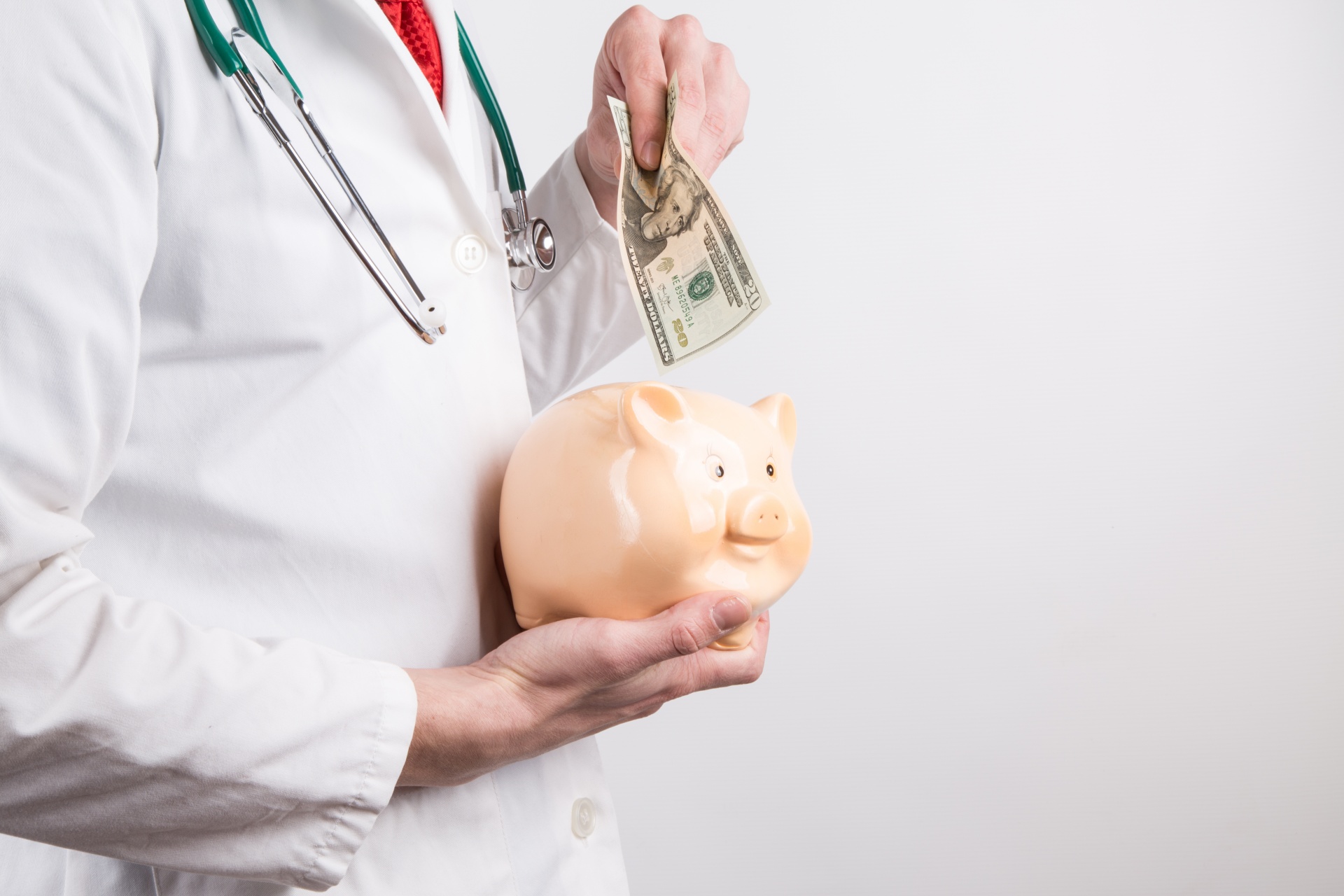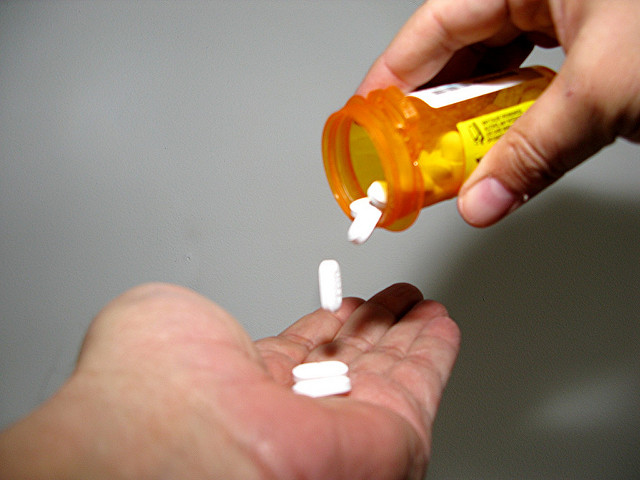California Wants To Stop Drug Companies From Gifting Doctors

By:
Many doctors in the U.S. accept gifts or payments from drug companies that are marketing products. But on Thursday, the California Senate passed a bill that would ban the controversial exchange.
 publicdomainpictures - publicdomainpictures.net
publicdomainpictures - publicdomainpictures.net
Doctors in the state take in a collective $1.4 billion from the pharmaceutical industry each year, according to the AP—in the form of plane tickets, lodging, and expensive meals, for example. There's no explicit expectation that the doctor must return the favor, but research indicates that these perks can influence prescribing practices.
If the bill is signed into law, drug companies would be prohibited from gifting doctors, who could only receive payments for working on clinical trials, or receive meals that cost less than $250.
California Senator Mike McGuire (D) said the bill would ultimately lower drug costs because it'd eliminate the incentive to prescribe brand name medications over cheaper, generic versions.
The pharmaceutical industry's main lobbying arm opposes the bill, as did some Republicans in the Californian State Senate, arguing that the current practice is already regulated, and it allows pharmaceutical companies to get doctors the latest treatments.
"Successful products provide the funding for the research, for cures," Sen. Ted Gaines (R) told the AP. "Why would we do anything to diminish the ability of pharma companies to be successful in providing these new products?"
It's uncertain how much of an effect severing this financial tie would have on drug prices overall, but it could make a significant difference for individual patients. Doctors who receive gifts and payments from pharmaceutical companies are "two to three times as likely to prescribe brand-name drugs at exceptionally high rates as others in their specialty," a 2016 investigative report from ProPublica found.
But it's not just the extra costs that have raised concerns among public health advocates. In some cases, drug companies spent millions marketing products to doctors that had more side effects than newer treatment options.
 Bigstock
Bigstock
"Patients may benefit from physicians being made aware of newly approved, effective treatments that may have fewer adverse effects, reduce the need for monitoring tests, or improve adherence," researchers, who conducted a separate study linking drug company payments to prescribing practices, wrote. "However, our findings support long-voiced concerns about the potential influence of even small payments to physicians by pharmaceutical companies."
In spite of efforts to increase awareness of these potential conflicts-of-interest—including the implementation of ProPublica's public database that tracks these exchanges—few patients are aware that their doctor receives payments or gifts from drug companies, according to a 2017 study published in the Journal of General Internal Medicine.
 frankieleon - flickr.com
frankieleon - flickr.com
For the study, researchers surveyed more than 3,500 patients around the country, 65 percent of whom visited doctors who accepted gifts from drug companies. Only five percent of those patients knew that their doctor was on the receiving end of such deals.
"These findings tell us that if you thought that your doctor was not receiving any money from industry, you're most likely mistaken," Dr. Genevieve Pham-Kanter, lead author of the study, said in a press release. "Patients should be aware of the incentives that their physicians face that may lead them to not always act in their patients' best interest. And the more informed patients are about their providers and options for care, the better decisions they can make."
